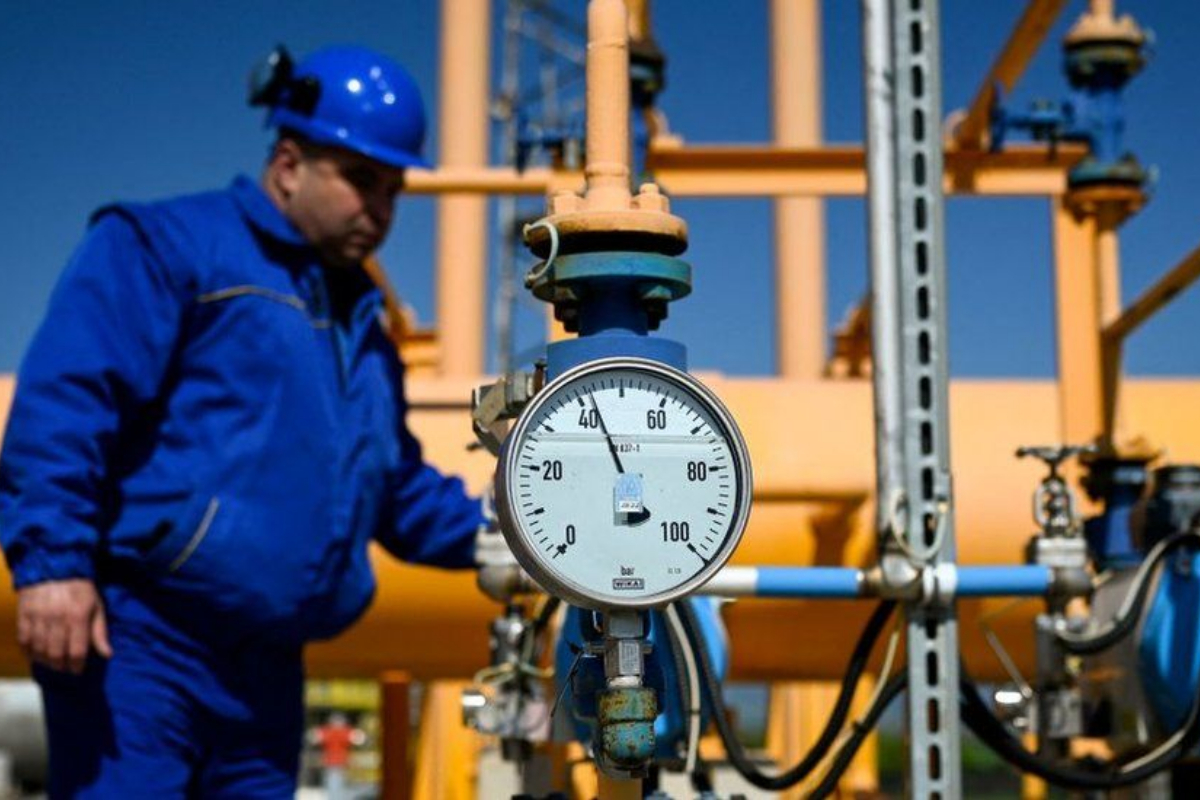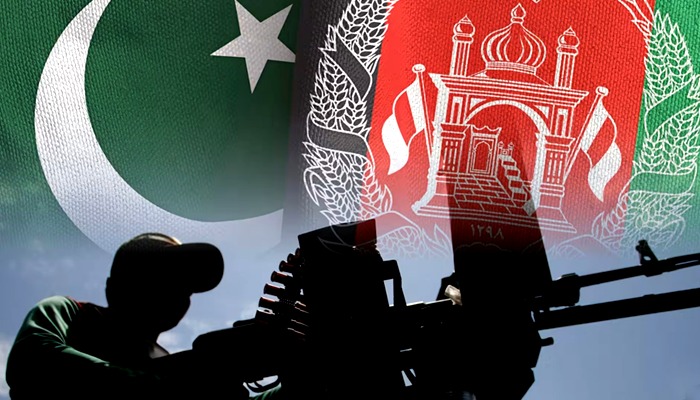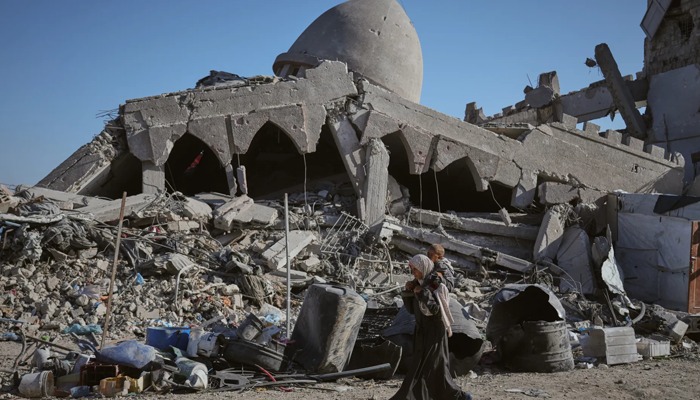- Russia has made 158 billion euros ($158 billion) in energy exports, according to a think tank.
- The EU accounts for more than half of this, the Centre for Research on Energy and Clean Air (CREA) says.
- The G7 nations pledged on Friday to act quickly to impose a price restriction on Russian petroleum in a move that would deprive Russia of income from oil exports.
In the six months following its invasion of Ukraine, Russia has made a staggering 158 billion euros ($158 billion) in energy exports, with the EU accounting for more than half, according to a think tank on Tuesday.
The invasion caused the price of oil, gas, and coal to spike, prompting the Centre for Research on Energy and Clean Air to advocate for more robust sanctions on Moscow.
“Surging fossil fuel prices mean that Russia’s current revenue is far above previous years’ level, despite the reductions in this year’s export volumes,” said the Finland-based organisation.
As Russia cuts off supplies, natural gas prices in Europe have recently surged to record highs. Following the invasion, the price of crude oil also increased, though it has since dropped.
“Fossil fuel exports have contributed approximately 43 billion euros to Russia’s federal budget since the start of the invasion, helping fund war crimes in Ukraine,” said CREA.
The statistics relate to the six months that followed Russia’s invasion of Ukraine on February 24.
The CREA calculated that the European Union, with 85.1 billion euros, was the region that imported the most fossil fuels from Russia during this time.
Turkey was next with 10.7 billion euros, followed by China with 34.9 billion euros.
While the EU no longer buys Russian coal, it only gradually forbids Russian oil, and it hasn’t imposed any restrictions on the imports of natural gas, on which it is heavily dependent.
According to the CREA, the EU’s restriction on imports of Russian coal has been successful.
Russian coal exports reached their lowest levels since the start of the war following the implementation of the ban.
“Russia failed to find other buyers to replace falling EU demand,” said the CREA.
However, it urged the EU and the UK to utilise their clout in international shipping and advocated for more regulations and enforcement in relation to Russian oil exports.
“The EU must ban the use of European-owned ships and European ports for shipping Russian oil to third countries, while the UK needs to stop allowing its insurance industry to participate in this trade,” said the CREA.
Meanwhile, the G7 nations pledged on Friday to act quickly to impose a price restriction on Russian petroleum, a move that would deprive Russia of a significant portion of the income it currently derives from its oil exports.
For months, the United States has argued for the adoption of a price cap, claiming that Western sanctions against Russian energy supplies were a factor in the price increases that allowed Moscow to fund its military campaign.
[embedpost slug = “/russia-accuses-the-gas-pipeline-shutdown-on-restrictions/”]


















